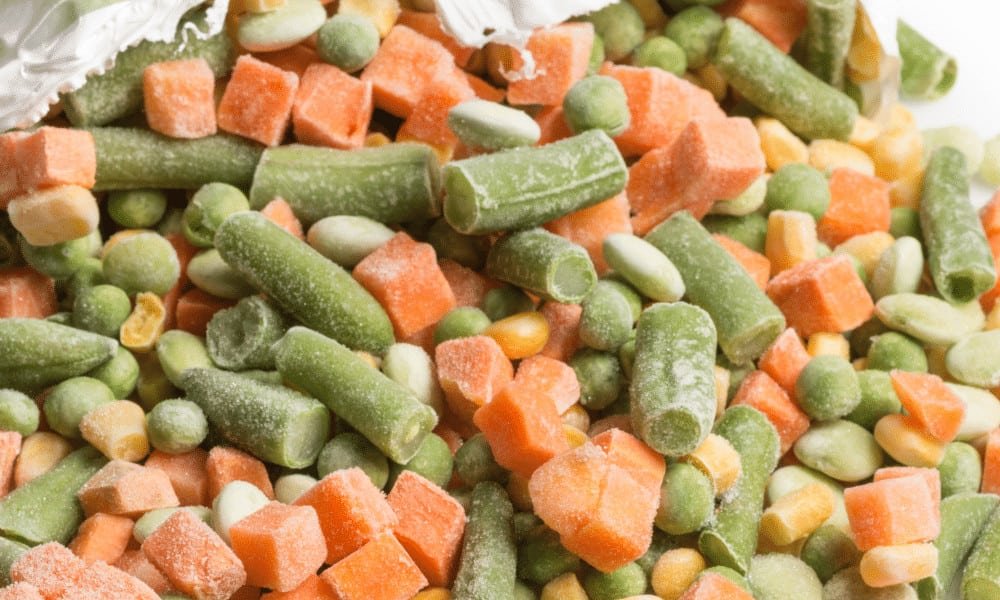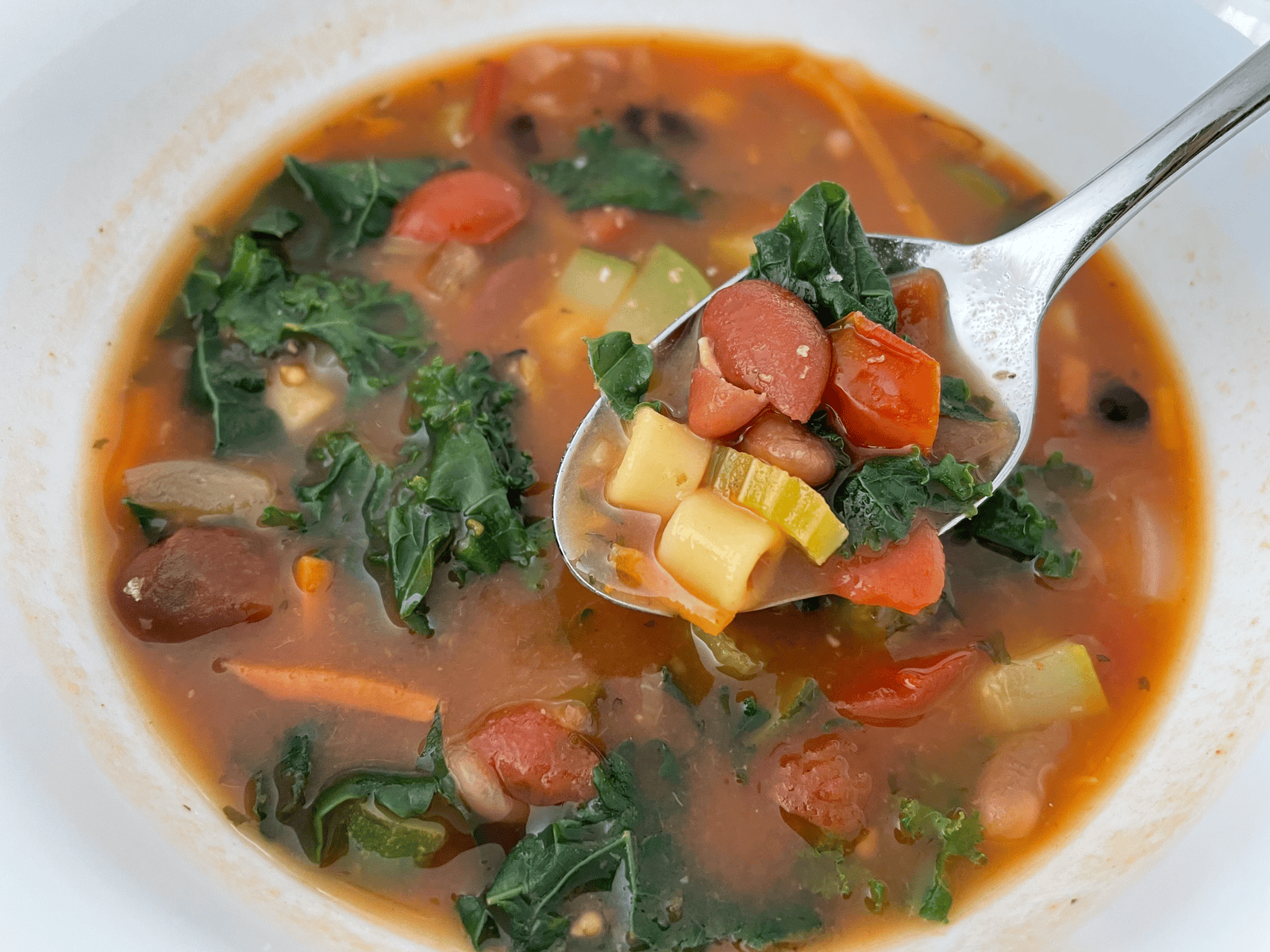Perhaps you’ve found something lurking at the back of the fridge, or maybe you’re eyeing up the reduced items in the supermarket and wondering whether to stock up. Either way, it’s helpful to know if you can freeze food on its use by date.
Can You Freeze Food on the Use By Date?
The original advice was to freeze on the day of purchase, and many retailers still print this advice. However, it is perfectly safe to freeze food any time right up to the use by date. Food stored in the freezer is safe to eat indefinitely, but the quality will deteriorate.
Why Has the Advice Changed?
In the UK alone, millions of tonnes of food are thrown away every year. In 2000, the government set up a waste advisory body, the Waste and Resources Action Programme (WRAP), to look at ways to reduce this waste.

A study by WRAP, in 2012, found that 60% of consumers believed that if they wanted to freeze food, they had to do so on the day of purchase. However, advice from the Food Standards Agency (FSA), supported by numerous studies, is that food can safely be frozen on the use by date.
In this study, WRAP estimated that removing the ‘Freeze on day of purchase’ advice on food packaging could reduce household food waste by as much as 800,000 tonnes – the equivalent of £2 billion worth of food – every year.
As part of the initiative, Sainsbury’s removed the ‘Freeze on day of purchase’ advice from all their food products, but to date, they are the only supermarket to do so.
Shocking, really!
Does Use By Date Matter If Frozen?
Once an item is frozen, the use by date ceases to be relevant.
Food can be frozen indefinitely; however, the quality can deteriorate over time, resulting in changes in colour, taste and texture.
It’s a good idea to label food with the date it went in the freezer, to help you keep track of how long items have been in there.
The Good Housekeeping Institute advises that, to enjoy frozen foods at their best, you should observe the following guidelines:
Protein
Meat, poultry, oily fish and shellfish should be eaten within 3 months, while white fish will keep well for as long as 6 months.
Fruit and Vegetables
Blanched vegetables will store well for up to 12 months, but without blanching this is reduced to 3 months.
Fruit will freeze well for up to 6 months. Soups and sauces will freeze well for up to 3 months, while prepared meals should retain their quality for up to 6 months.

Bread, Pastries and Sweets
Cakes, bread and pastries can keep well for up to 6 months, while ice cream should retain its taste and texture for up to 12 months.
All of these guidelines assume items were of good quality at the time of freezing and were stored in suitable containers, tightly sealed.
What about Best Before Dates?
Many people don’t realise there is a difference between use by dates and best before dates. Use by dates are a food safety measure, whereas best before dates are to do with deterioration in quality.
Use by dates are used on foods that go off quickly, such as meat, fish and salad.
You mustn’t eat foods that have gone past their use by date, even if they look or smell ok, because the bacteria that could make you ill are often undetectable.
Best before dates, on the other hand, are simply to do with quality.
After the best before date, these foods are still safe to eat, but the texture or flavour may not be as good as they were. Best before dates are used on items like cakes, biscuits and bread.
Most foods that are intended to be stored in the freezer will have a best before date on them. Foods can be stored in the freezer indefinitely, but the quality will drop over time.
The best before date tells you when to eat the item to enjoy it at its best, but it is perfectly safe to eat it after this time.
In terms of food you would typically keep in the fridge or a cupboard, you can freeze food on or after the best before date and it will still be safe to eat when you defrost it, but the quality may not be as good.
Think of freezing as being like a pause button. Whatever the quality was at the time you froze the item, it is likely to be in a similar state when you defrost it. If the item is past its best before date, and the quality is still acceptable but you know you won’t get around to eating it today, pop it in the freezer.
Related FAQs
Do you have further questions about freezing food around the use by date? Then check these out:
No. Freezing food does not kill microorganisms, such as germs or bacteria; it only stops them from multiplying. If these microorganisms are already present in your food when you put it in the freezer, they will still be there when you defrost it, and will then become active again.
Yes! You can freeze food at any time with regard to best before dates. Ultimately, a best before date is just an indication of when the food is… Well, at its best.


